TV Spinoffs That Are Better Than The Original
It’s always a bold statement to say that a TV spinoff series is better than its predecessor, but in some cases it’s an undisputed fact. Through the use of retroactive continuity that expands a character’s lore, or by simply putting a character into a new setting or context, a great TV spinoff can take on a life of its own. We wanted to touch on some of our favorite spinoff shows that not only aren’t afraid to explore new territory, but do it so well that the show is superior in many ways.
But please take this list with a grain of salt because we’d never have a Frasier without Cheers, or Better Call Saul without Breaking Bad. In other words, just because we find a TV spinoff to be better than its original counterpart doesn’t mean that the original series is without merit.
Better Call Saul
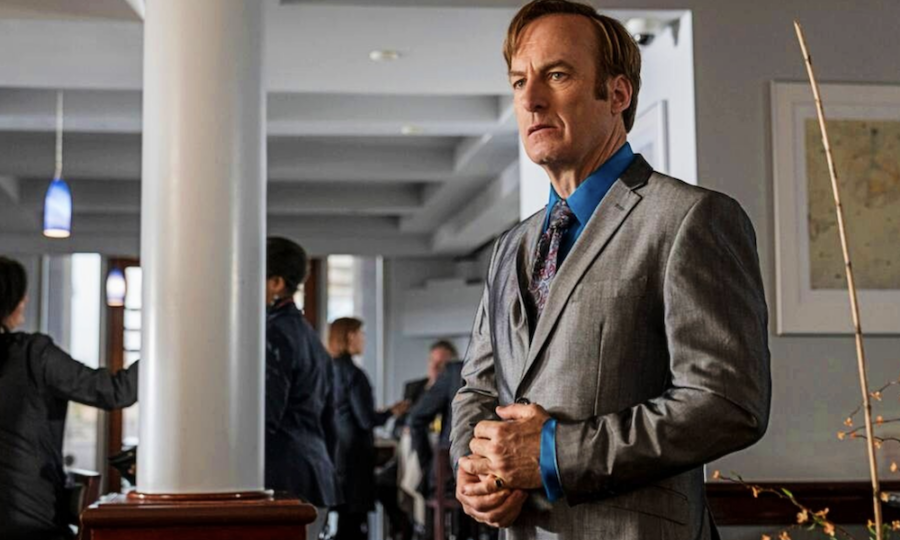
There’s no denying the cultural impact that Breaking Bad has had since it concluded its five-season run. If you’re up on your memes, you know all too well that Walter White, Jesse Pinkman, Mike Ehrmantraut, and Gustavo Fring are more present than ever on the internet. Breaking Bad is truly an iconic TV show, but its spinoff, Better Call Saul, is what illuminates the complex illegal inner workings of Albuquerque, New Mexico.
Better Call Saul is a superior TV spinoff because of its titular character. By Breaking Bad’s fifth season, it became all but impossible to keep rooting for Walter White because of his crimes against humanity. But Better Call Saul starts with Jimmy McGill, long before he ever adopted the Saul Goodman persona, and paints his character with more sympathetic strokes.
In other words, Breaking Bad shows us Walter White’s descent into ruthless greed and madness, while Better Call Saul shows us a man who really wants to be a good person, but keeps succumbing to temptation and gravitating toward a life of crime. This TV spinoff has all of the elements that made Breaking Bad a great show, but its expert use of retroactive continuity paints a more complex picture that not only supplements the show that preceded it, but also surpasses it with its storytelling.
Frasier
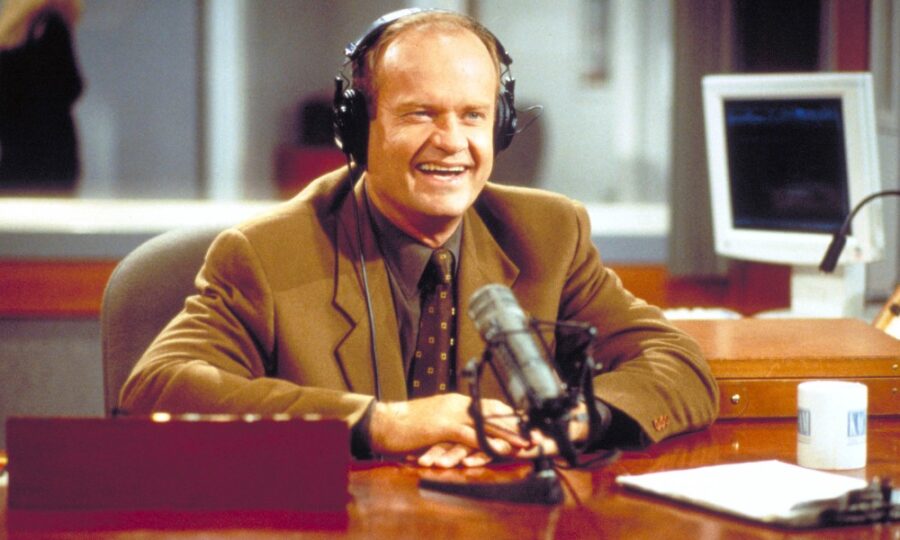
Standup comedian Gary Gulman once referred to Jesus Christ as “Frasier of Nazareth.” This joke was delivered to highlight the fact that the New Testament was a popular spinoff of the Hebrew Bible. Circling back to the concept of a TV spinoff, it’s evident that Frasier is also the “Jesus of Cheers,” and is widely considered to be one of the greatest spinoffs of all time.
Listen, we have to give credit where it’s due, and express our love for Cheers, but when Frasier premiered we were presented with an intimidatingly smart sitcom that took the Frasier Crane character to a whole new level. Frasier is very much a fish out of water series, because its titular character finds himself in a new setting, living with his dad, divorced, and hosting a popular radio show as a pop psychiatrist.
Cheers was, and still is, an iconic series, but Frasier’s arrogance, and tongue-in-cheek pomposity were more fully explored in this TV spinoff. Not only is Frasier out of his element when it comes to both his familial and romantic relationships, but his inability to communicate with those he loves despite his supposed emotional intelligence makes for better comedy than sitting around and wisecracking at the bar in Cheers.
King of the Hill
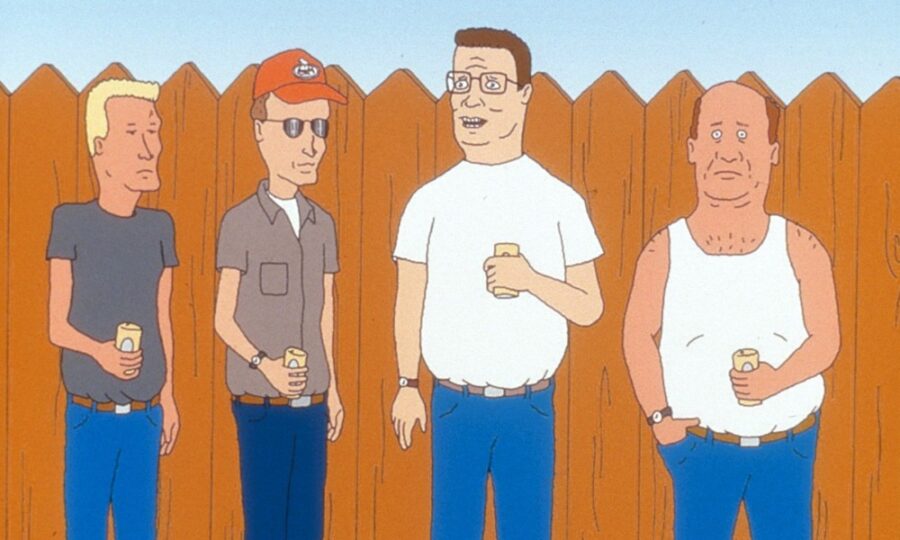
Though King of the Hill isn’t a textbook example of a TV spinoff, it’s worth noting that the concept of Hank Hill was loosely based on Tom Anderson from Beavis and Butthead. In Beavis and Butthead, Tom Anderson was the grumpy old neighbor who was always fed up with Beavis and Butthead “whackin’ off in his tool-shed,” and inadvertently vandalizing his property on numerous occasions.
Both Hank Hill and Tom Anderson are voiced by Mike Judge, and his southern drawl was iconic enough to get the TV spinoff treatment in the form of King of the Hill.
Though Tom Anderson is very much a rough-around-the-edges version of Hank Hill, we’re glad that we got 13 seasons of this TV spinoff in which he was developed into the wise, endearing, and propane-loving animated sitcom dad that we all can learn a thing or two from. Tom Anderson walked so Hank Hill could run in his own TV spinoff that takes a page from the Beavis and Butthead playbook, but takes place in Arlen, Texas.
Daria
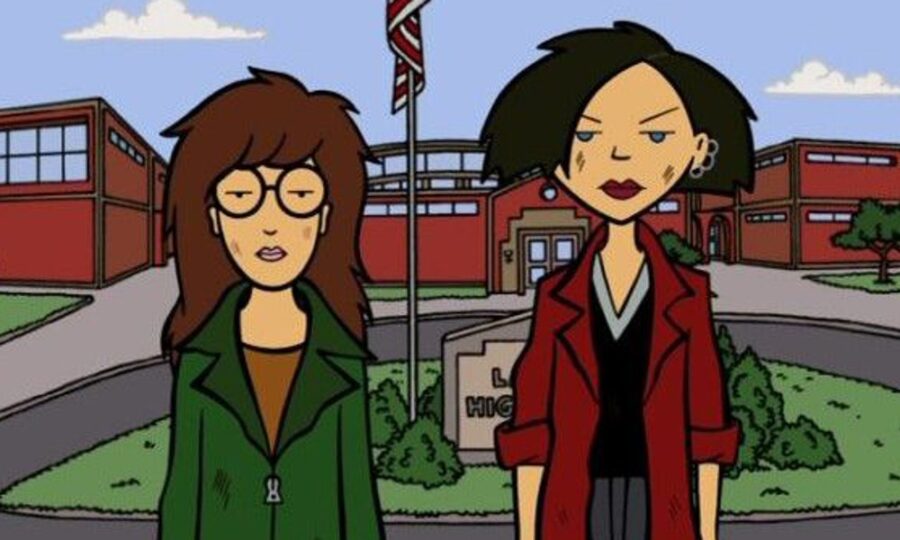
We’re not done with Beavis and Butthead yet! Shortly after the show’s first cancellation, MTV brought us Daria, which followed the ancillary character through her life at Lawndale High School. Daria Morgendorffer, much like Frasier Crane, is too smart for her own good, and Mike Judge explored her social struggles in this TV spinoff in a way that simply couldn’t be highlighted in Beavis and Butthead due to its runtime and primary focus on its titular characters.
Though Daria’s humor is strikingly similar to Beavis and Butthead, it places a stronger emphasis on interpersonal relationships and family dynamics. Throughout Daria’s misadventures, we’re taken into a more developed version of Mike Judge’s imagination, and we’re met with a superior sense of continuity that places emphasis on suburban alienation rather than making fun of music videos.
Archer
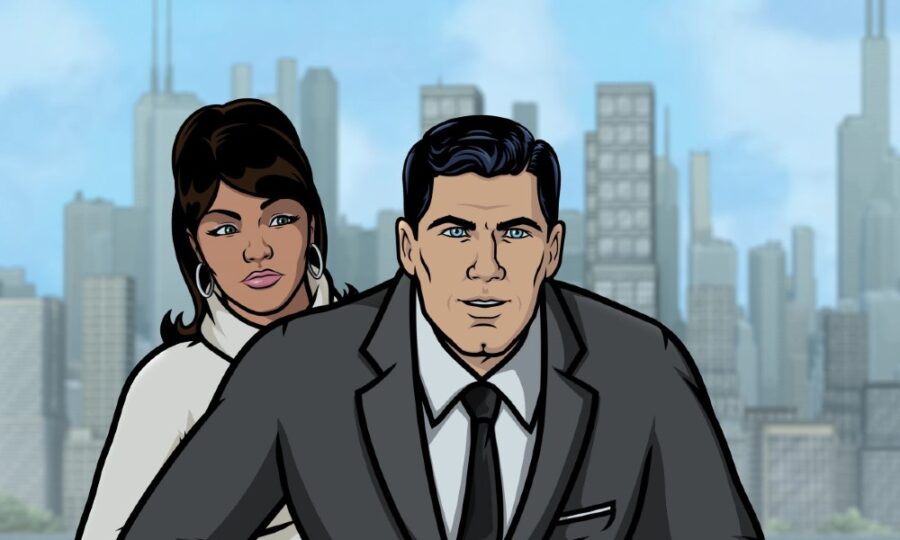
In our minds, Archer is another one of those unofficial TV spinoff shows that ran laps around its predecessor. For those of you who don’t remember the Adult Swim show Frisky Dingo, there are a number of striking artistic and stylistic similarities between both Adam Reed series that can’t be ignored.
Though Sterling Archer is a new invention, his appearance is basically a carbon copy of womanizing billionaire playboy, Xander Crews, who also goes by the alter-ego, Awesome X. Frisky Dingo also brought us segues in between scenes where characters in totally unrelated settings would finish the sentence of the preceding scene to carry the plot forward, a plot mechanism that is used gratuitously in Archer.
Archer is a superior TV spinoff because it had 14 seasons to grow and develop its characters in a way that Frisky Dingo couldn’t due to its cancellation after its second season. If Frisky Dingo was given another chance, it would have continued to be a great show, but we’re glad Adam Reed was able to unleash his unique brand of offensive humor in an entirely new setting that Archer brings us.
Pinky and the Brain
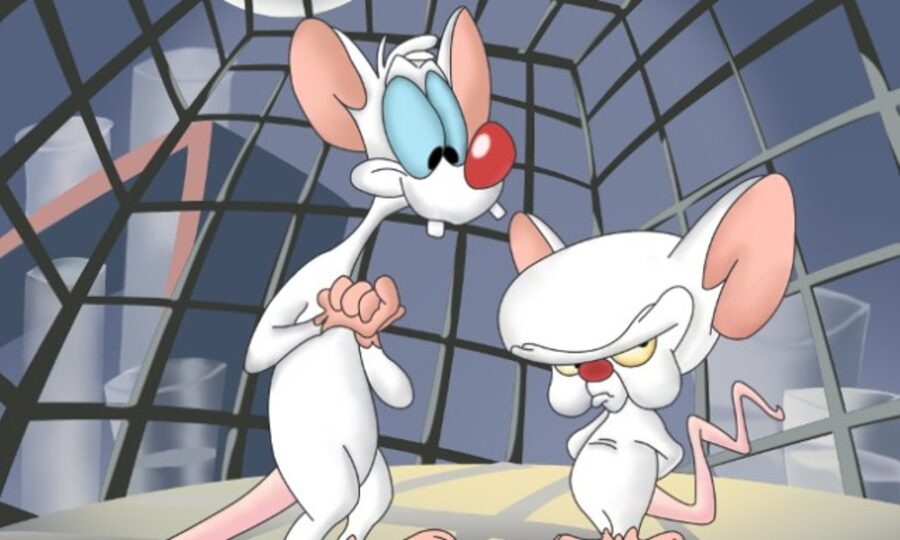
If you grew up in the 90s, then it’s safe to say that you loved following the misadventures of the wacky sociopath dogs that Animaniacs brought us. This animated variety show had a number of different features that were all loosely based on Looney Tunes, and took place on a fictionalized version of the Warner Bros. production lot.
While Animaniacs was a respectable TV show in its own right, its spinoff, Pinky and the Brain, made a seamless segue from short-form animation to its own series that really explores the relationship between its titular characters.
Pinky and the Brain is your classic odd-couple story. Brain’s superior intellect and plans for world domination are thwarted countless times by his trusty idiotic sidekick Pinky, and this simple method of storytelling never fails to deliver in this TV spinoff. And what makes Pinky and the Brain such a great spinoff is that you don’t even need to watch Animaniacs to get brought up to speed, though we would recommend it anyway because both shows are just what you need if you’re a true cartoon addict.












